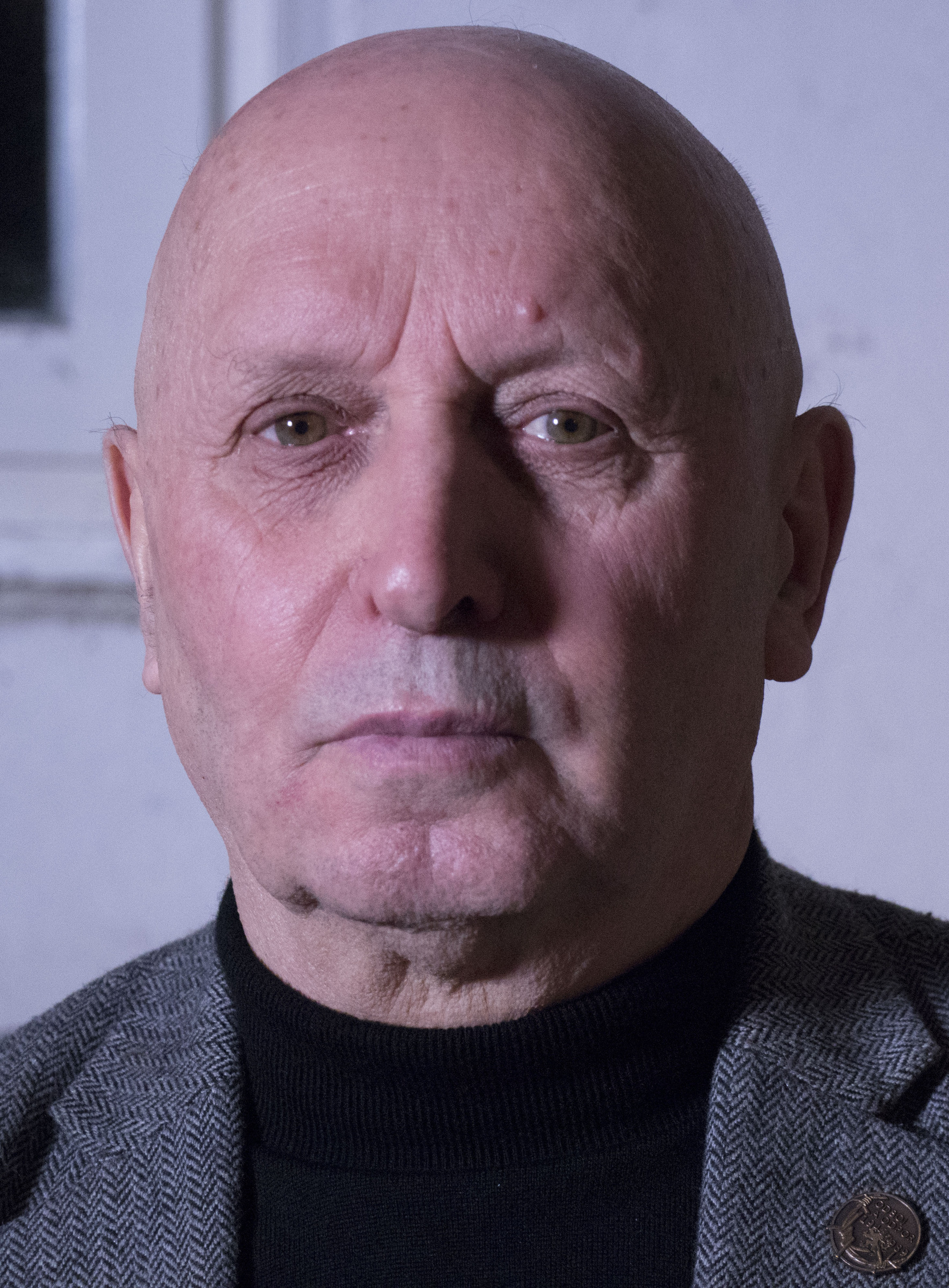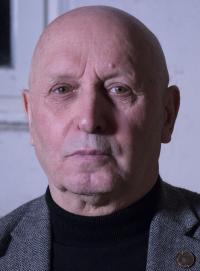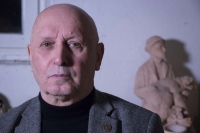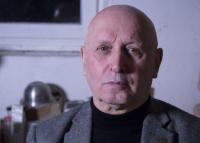We didn’t go around the village bragging about how the communists had hung our uncle

Download image
František Maxera was born December 3, 1943 in Jiřice in Moravia. His broad family was deprived of their property during collectivization, one uncle from his father’s side was executed, other one was imprisoned for years. He couldn’t go to university due to his political assessment; he was however accepted to a School of Applied Arts in Brno. In the 1960s he worked in a workshop of the Prague Headquarters of Arts and Crafts in Kunštát, where he realized numerous public procurements as a ceramist apart from his devotion to free artistic production. He had his first solo exhibition in the Museum of Applied Arts in Brno in 1966. He was arrested in the early 1970s in connection with the leaflet operation of the Šabatovi family, he then resettled in Jiřice where he ran his own workshop. He associated with the intellectual circles in Brno and Prague as well as with the underground movement – he helped organize concerts of the band Plastic People of the Universe. In 1975 he was convicted of sedition and was held in the Plzeň-Bory prison. However, his case aroused international attention, so president Gustav Husák included him in the presidential amnesty the same year. He became a target of police and bureaucratic bullying as one of the first signatories of the Charter 77. He was exiled to Austria where he has been running a ceramic workshop in the village Alberndorf im Pulkautal.


